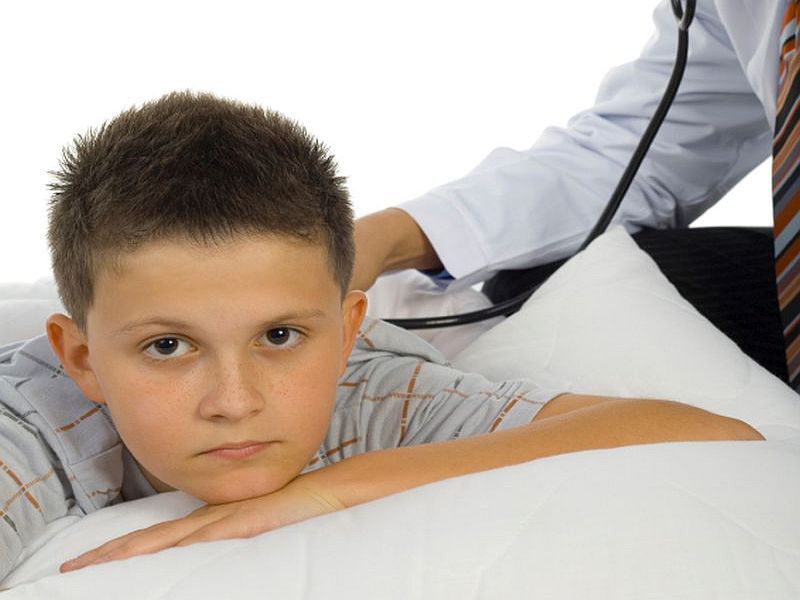MONDAY, March 26, 2018 (HealthDay News) — Teen boys in the United States are less likely than girls to be vaccinated against human papillomavirus (HPV) because many doctors don’t recommend the shots to boys’ parents, researchers say.
HPV is a sexually transmitted virus that can cause cervical, vulvar, vaginal, penile, anal, mouth and throat cancers. The HPV vaccine is recommended as a routine childhood vaccination.
“It is clear that physicians need to give a strong recommendation to both parents of boys and girls,” said study author Dr. Anna Beavis, a gynecologic oncologist fellow at Johns Hopkins University in Baltimore.
“They also need to remind parents of the importance of getting all doses, which makes the vaccine the most effective in preventing HPV,” she added.
It’s recommended that all children between ages 11 and 12 be vaccinated. The HPV vaccine can be given as three doses if started after the child’s 15th birthday, or just two doses if started before, Beavis said.
For the new study, researchers analyzed data from a 2015 national immunization survey of U.S. parents of teens ages 13 to 17.
One in five parents of teen boys said they did not intend to have their son vaccinated against HPV mainly because their doctor did not recommend it. That was true for just one in 10 parents of teen girls.
The findings were presented Sunday at the Society of Gynecologic Oncology’s annual meeting, in New Orleans.
The survey also revealed parents’ lack of knowledge about the HPV vaccine.
“In general, the most common reason parents do not vaccinate both boys and girls was a misperception that the HPV vaccine is not necessary,” Beavis said in a society news release. This was reported by 20 percent of parents of girls and 1 in 10 parents of boys.
The study also found that parents of girls were more likely than parents of boys to be concerned about the vaccine’s safety or side effects, and to think the vaccine wasn’t necessary because their child was not sexually active.
Clearly, there’s a need for doctors to educate parents on the necessity and safety of the vaccine, Beavis said.
“Unfortunately, HPV vaccination rates in the U.S. continue to lag behind those of other Westernized nations,” she said. The most recent data from 2016 “shows that only 65 percent of girls had initiated the HPV vaccination compared to 56 percent of boys.”
Those rates could be improved if doctors strongly recommended to parents that their children get the HPV vaccine, Beavis said.
Research presented at meetings is usually considered preliminary until peer-reviewed for publication in a medical journal.
More information
The U.S. National Cancer Institute has more on HPV vaccination.
Copyright © 2026 HealthDay. All rights reserved.

